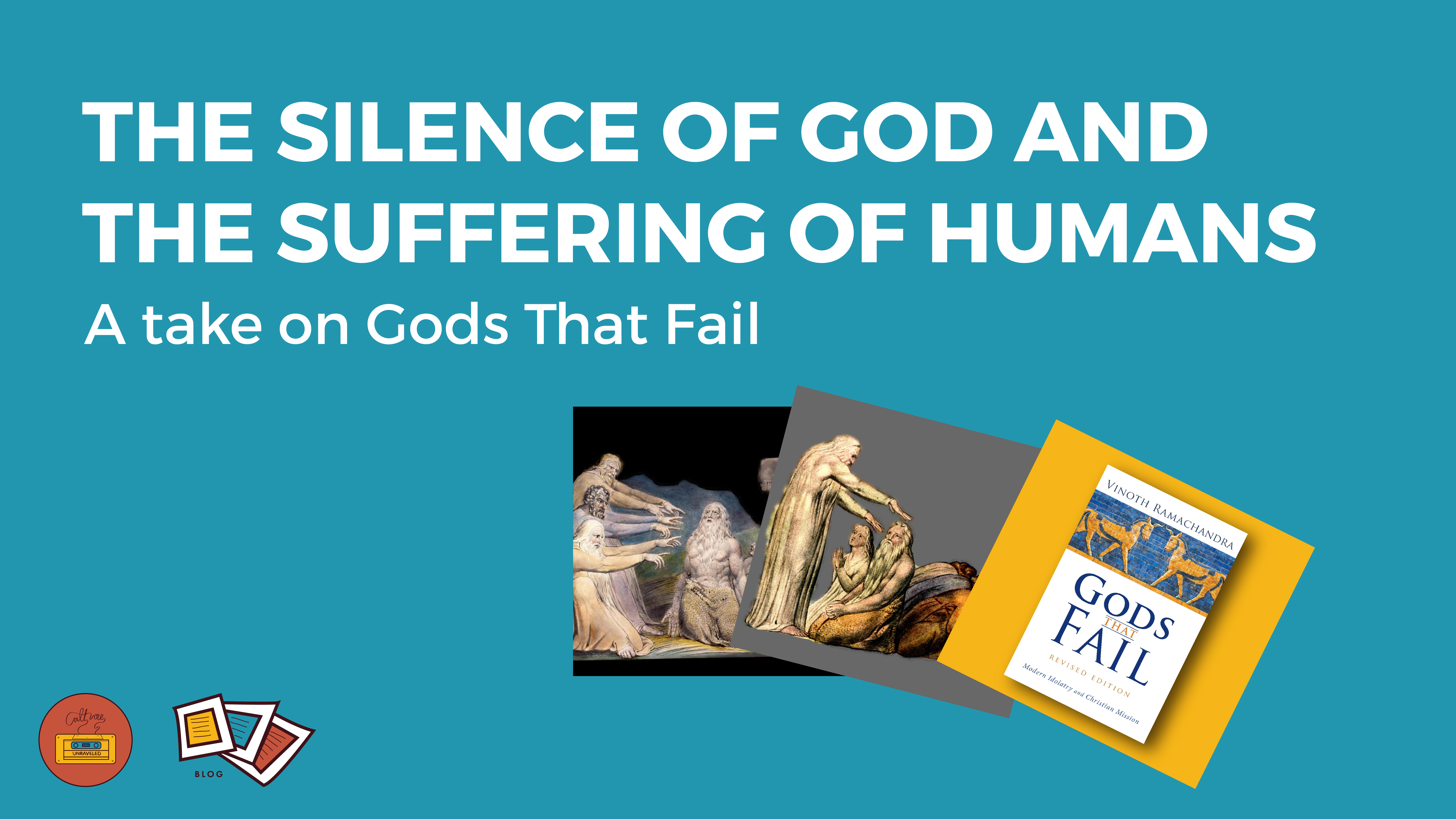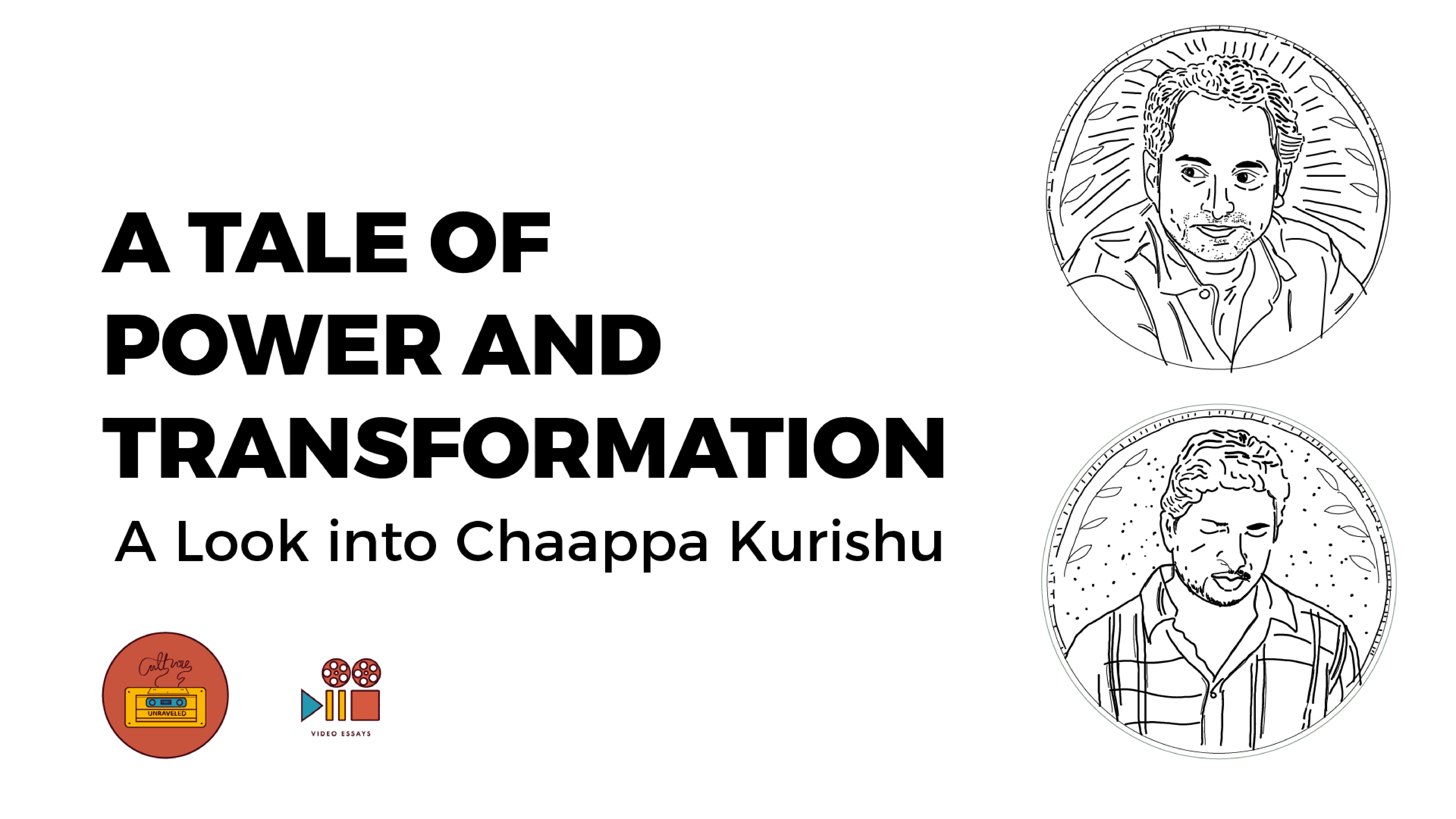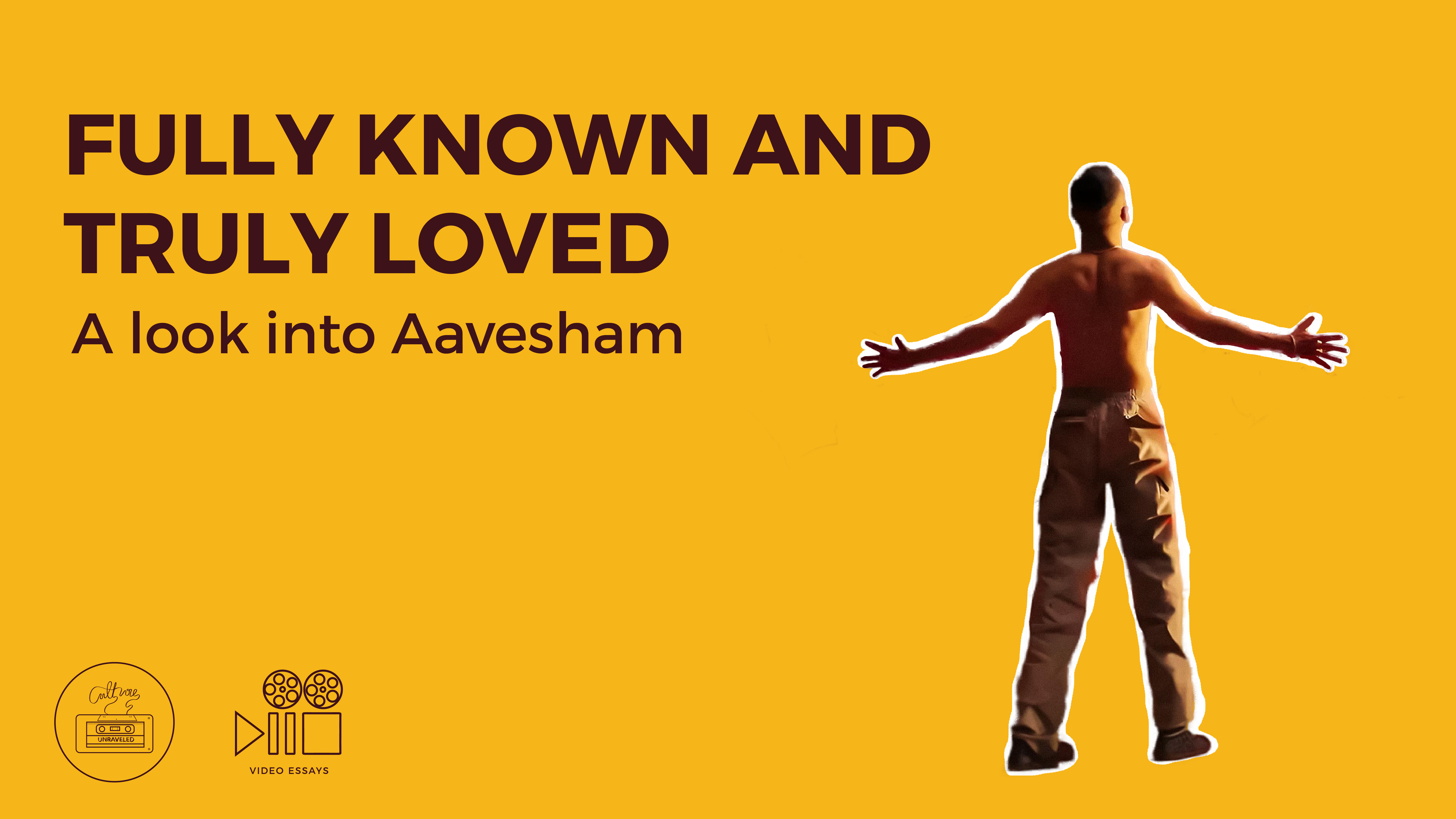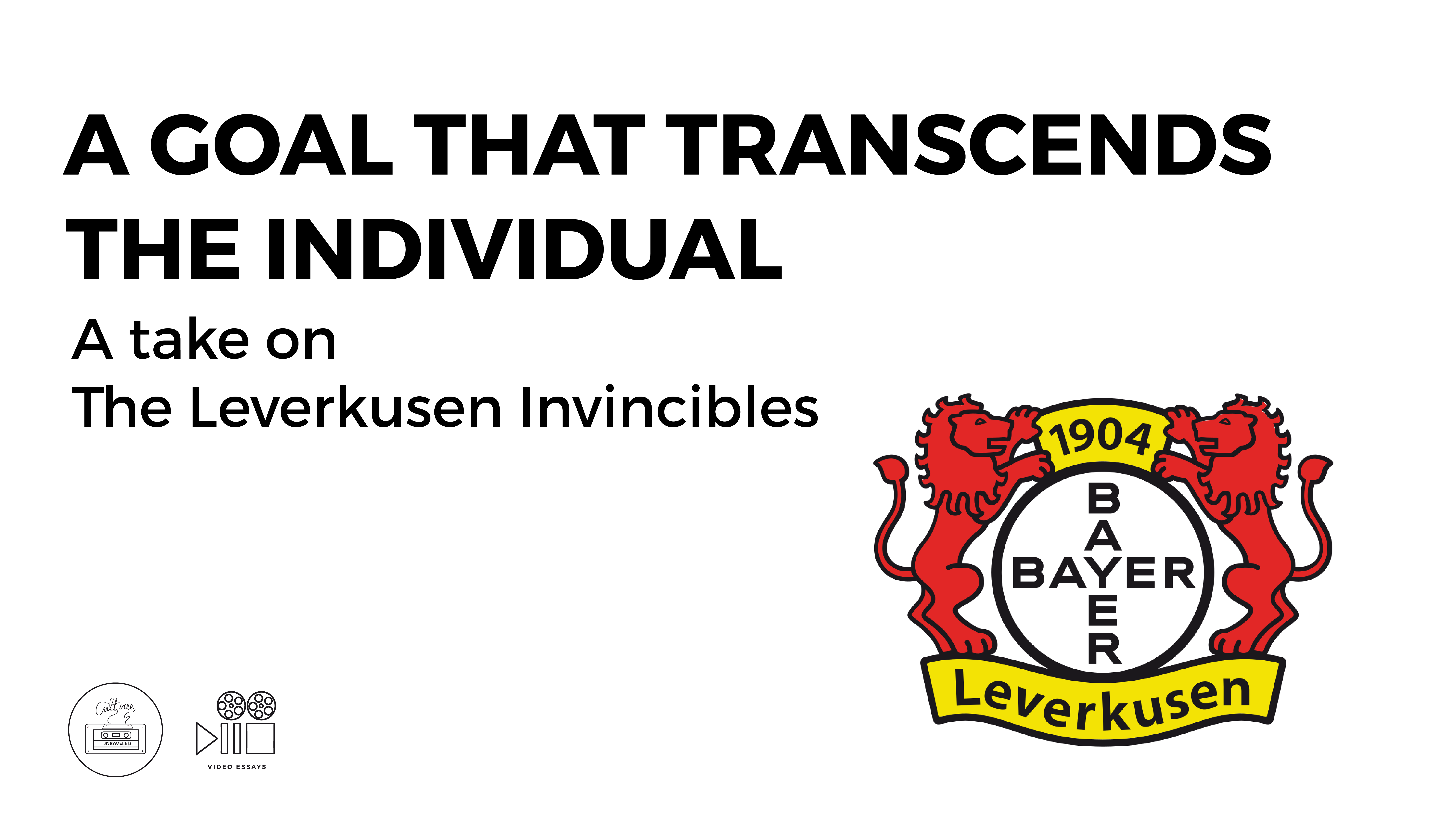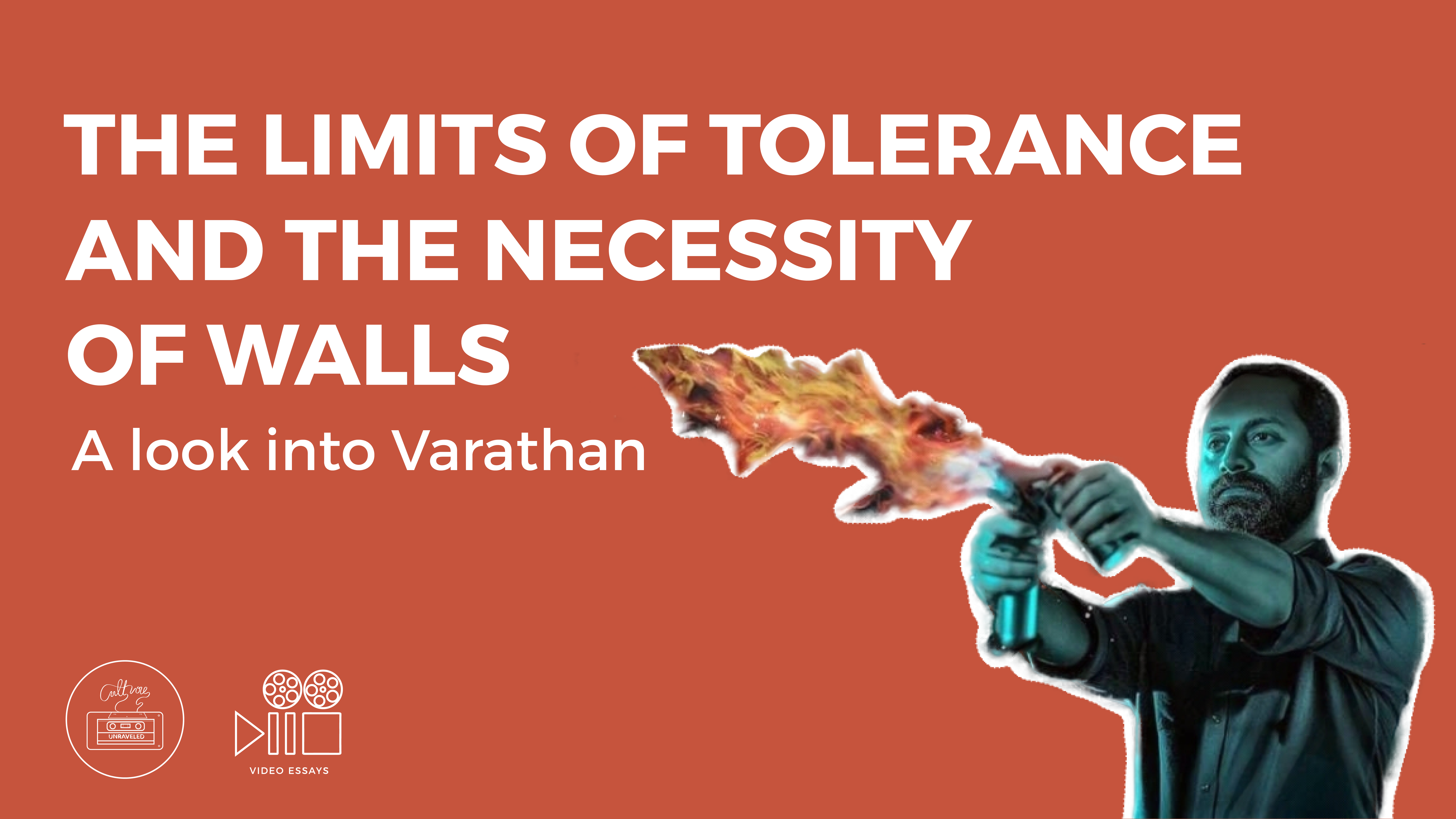
Movie Synopsis
“What is a life worth?” That is the question the movie Worth sets out to answer. Can we assign a dollar value to a life? What are the parameters that govern this price tag? Is a lawyer worth more than a farmer? What if the farmer has a child on the way? How can we fit humans within an economic calculus? Worth amplifies the urgency of answering this question by setting its plot against the backdrop of the 9/11 attacks. Families of over 7000 victims must be convinced not to sue the airlines since this would certainly plummet the national economy. Therefore, a ‘Victim Compensation Fund’ is installed and Kenneth Feinberg is appointed as the ‘Special Master’ to develop a model that will adjudicate how much money each victim receives.
Feinberg’s initial model is built on precedent law. But this model is not well received by the families of the victims. Feinberg ensures his interaction with the families of the victims is minimal to conserve his objectivity to the case. But eventually, the characters, including Feinberg, begin to understand that not all people fit in his model. Three cases are discussed to magnify this tension. Case 1: The victim, a resident of Virginia, was in a same-sex union. He was estranged from his parents since they disapprove of his lifestyle. Feinberg’s precedence-based model would give the compensation fund to his parents instead of his partner since Virginia law does not recognize civil partnerships. Case 2: A firefighter has 3 boys from his marriage and 2 girls from his extra-marital affair. Will his compensation be divided among three children or five? Case 3: First responders developed cysts in lungs by inhaling carcinogens. The model compensates only the responders who arrived at the scene on or before 14th of September. What happens to the rest? Who will pay their bills?
“Why can’t we make exceptions?”, asks one of his staffers. “Because”, Feinberg replies, “we cannot cherry pick one case over another. We can’t write new rules for every claimant.” But Feinberg’s conviction in this position dwindles as he begins to interview the families himself. He realizes that in his attempt to conserve his objectivity, he had dehumanized the very people he was trying to serve.
He realizes that if he wants this compensation fund to work, he cannot strive for appeasement. He must fight to make this fair and just. Humans are messy and therefore, the pursuit of justice will inevitably need to be messy as well. In a moment of reckoning, he confesses to his staff, “We are in the weeds here. (But) that is where we should be. If we do this, we have to go the whole way. Can’t go halfway. We have to consider every claimant individually. You understand? Good! Alright, set some meetings. I’m going to get coffee.”
This was a turning point in the story of Kenneth Feinberg and the 9/11 VCF. The victims begin to trust Feinberg’s initiative because they realize he sees them. Their lives and the lives of their loved ones are no longer a mere statistic in his model. The fund receives the support of an overwhelming majority and ultimately distributes over 7 billion dollars to 5,560 people.
Daughters of Zelophahad
Worth focusses on a broad range of themes. But the central premise of the film revolves around legal hermeneutics. Should a law (or our deep convictions) be malleable? Should we hold the letter of the law higher than the underlying governing principles? Should the law, (and our convictions), adapt to novel context? To further investigate these questions, let us consider a case study from Jewish law discussed in the book of Numbers.1
God commanded Moses to divide the Promised Land among the families, counting only male claimants. But Zelophehad died without leaving any male heirs. The five daughters of Zelophehad present their case to Moses and argue, “Why should our father’s name disappear from his clan because he had no son? Give us property among our father’s relatives.”2 Interestingly, Moses does not dismiss the case by reciting the letter of God’s law. He takes the situation to God. Still remarkable is God’s response, “What Zelophehad’s daughters are saying is right.”3 God amends his law. The law God gave just a couple of sentences ago, adapts when presented a novel individual context. The film Worth and the case of Zelophehad builds an argument that ‘legal hermeneutics is directly influenced by phenomenology’.4 That is, our interpretation of law and of humanness that the law is trying to protect is contingent on our ability to develop a superior, more nuanced, and contextualized comprehension of events and individuals.
Conclusion
Jesus embodied this principle best when he healed on sabbath or chose to forgive an adulterer. His legal hermeneutics was strongly driven by focus on value of individuals. But individuals are a function of culture and context. Perhaps it is for this reason, Harvey Cox challenges that it is the responsibility of every generation to rediscover the significance Jesus’ mission.5 If we choose to hold the law, or our conviction(s) vehemently, we cannot afford to compromise on an unending pursuit of scholarship and nuance. A high view of individuals must precede a high view of jurisprudence.
Author: Abhishek Shibu
References
- Numbers 27:1-11
- Numbers 27:4 (NIV)
- Numbers 27:7a (NIV)
- Hermann, D. H. (1981). Phenomenology, structuralism, hermeneutics, and legal study: Applications of contemporary continental thought to legal phenomena. U. Miami L. Rev., 36, 379.
- Cox, H. (2006). When Jesus came to Harvard: Making moral choices today. Houghton Mifflin Harcourt.




